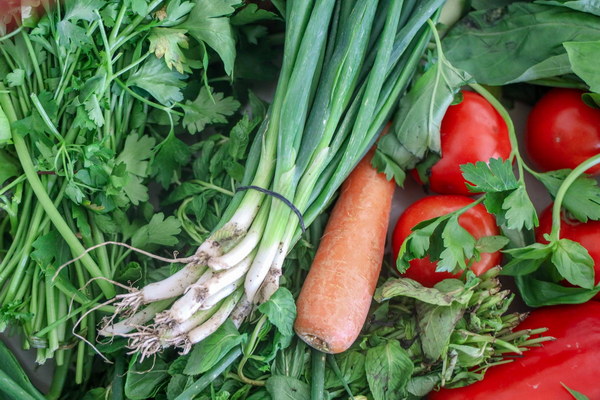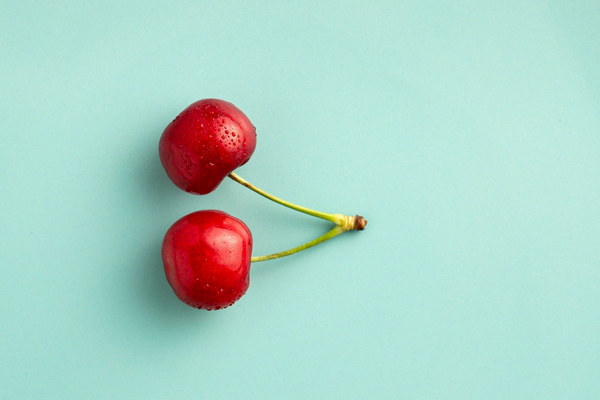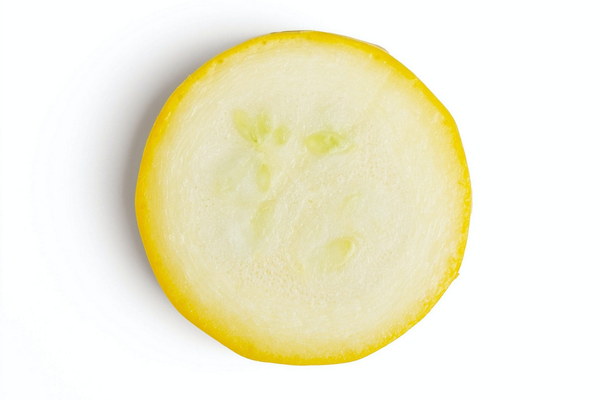Navigating the No-Gos Understanding the Dos and Don'ts of Chinese Herbs for Health and Wellness
In the realm of traditional Chinese medicine (TCM), herbs are often used to restore and maintain balance within the body. However, not all herbs are suitable for everyone, and some may pose risks or interfere with certain health conditions. This article delves into the concept of no-go herbs, highlighting their potential risks and providing guidance on how to avoid them for optimal health and wellness.
What are No-Go Herbs?
No-go herbs, also known as contraindicated herbs, refer to those that may cause adverse reactions, exacerbate health conditions, or interact negatively with other medications. These herbs should be avoided or used with caution, especially for individuals with specific health concerns or those taking other medications.
Common No-Go Herbs and Their Risks
1. Gancao (Licorice Root): While licorice root is commonly used to treat various ailments, excessive consumption can lead to high blood pressure, edema, and potassium imbalances. It should be avoided by those with kidney disease, heart failure, or high blood pressure.
2. Dangshen (Codonopsis Root): This herb is often used to boost energy and immune function. However, it may cause gastrointestinal discomfort and increased heart rate, so it's best to avoid it in cases of stomach ulcers, heart disease, or irritable bowel syndrome (IBS).
3. Shu Di Huang (Rhubarb Root): Rhubarb root is commonly used to treat constipation and diarrhea. However, excessive use can lead to dehydration, electrolyte imbalances, and even kidney damage. It should be avoided by those with kidney disease or gastrointestinal issues.
4. Huang Bai (Phellodendron Root): This herb is known for its antibacterial and antiviral properties but can cause liver damage if taken in high doses. It should be avoided by those with liver disease or those taking medications that affect liver function.
5. Fu Ling (Poria): Poria is often used to treat urinary tract infections and promote diuresis. However, excessive use can lead to electrolyte imbalances and dehydration. It's best to avoid it in cases of kidney disease or those with a history of electrolyte disturbances.
How to Avoid No-Go Herbs

1. Consult with a TCM Practitioner: A qualified TCM practitioner can assess your health condition and provide personalized recommendations regarding the use of herbs. They can also help identify potential contraindications and suggest alternative treatments if necessary.
2. Be Informed: Educate yourself about the herbs you're considering using, including their potential benefits and risks. This will help you make informed decisions and avoid potential no-go herbs.
3. Avoid Self-Medication: Self-medicating with herbs can be dangerous, especially if you have underlying health conditions or are taking other medications. Always consult with a healthcare professional before starting any new treatment.
4. Monitor Your Health: Pay close attention to any adverse reactions or changes in your health after taking herbs. If you experience any symptoms of an adverse reaction, discontinue use and seek medical attention immediately.
Conclusion
Navigating the world of Chinese herbs can be complex, but understanding the concept of no-go herbs is crucial for maintaining health and wellness. By consulting with a TCM practitioner, staying informed, and avoiding self-medication, you can safely enjoy the benefits of traditional Chinese medicine while minimizing the risks. Remember, the key to a healthy life lies in balance, and that includes balancing the use of herbs in your daily routine.









